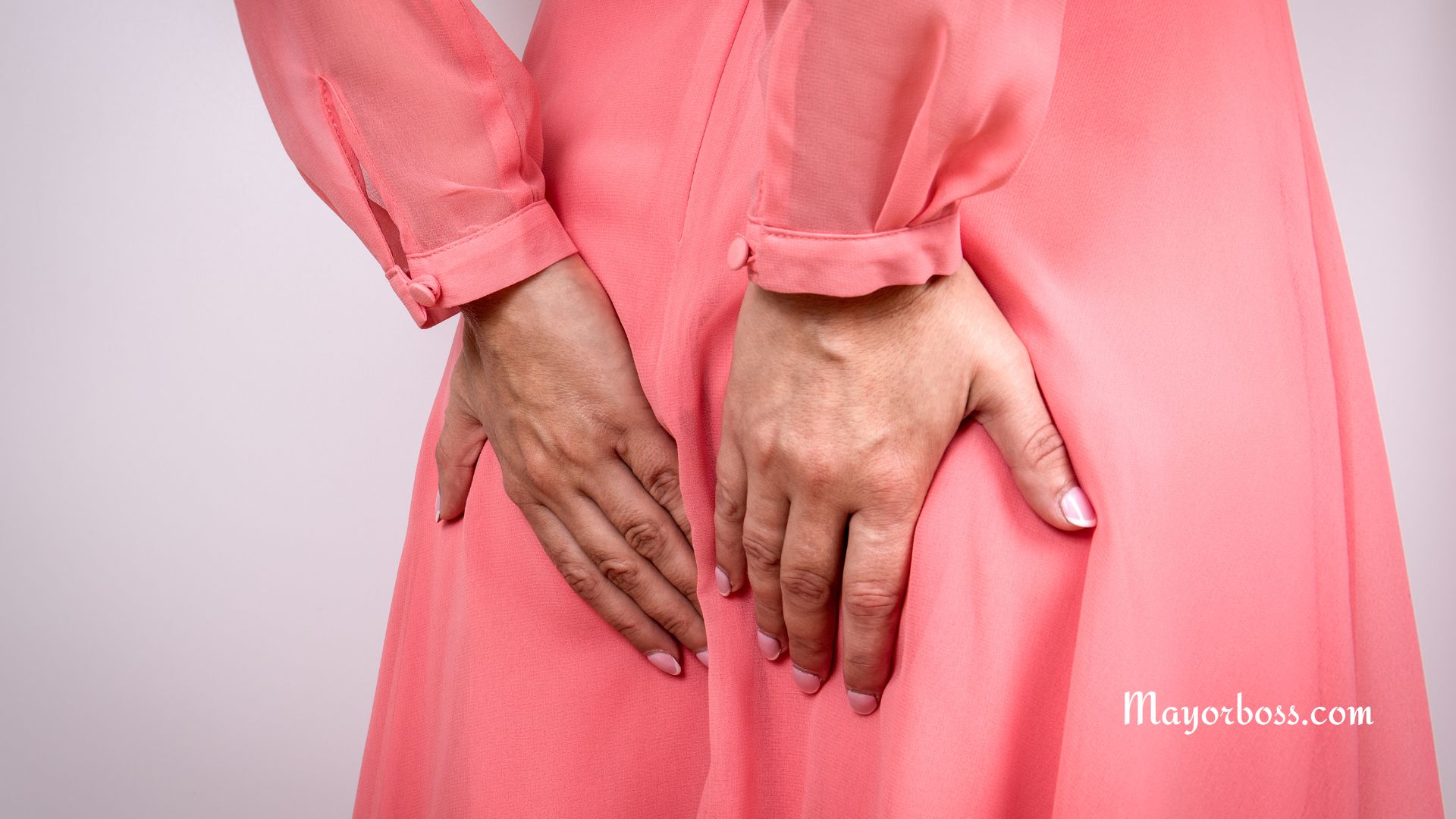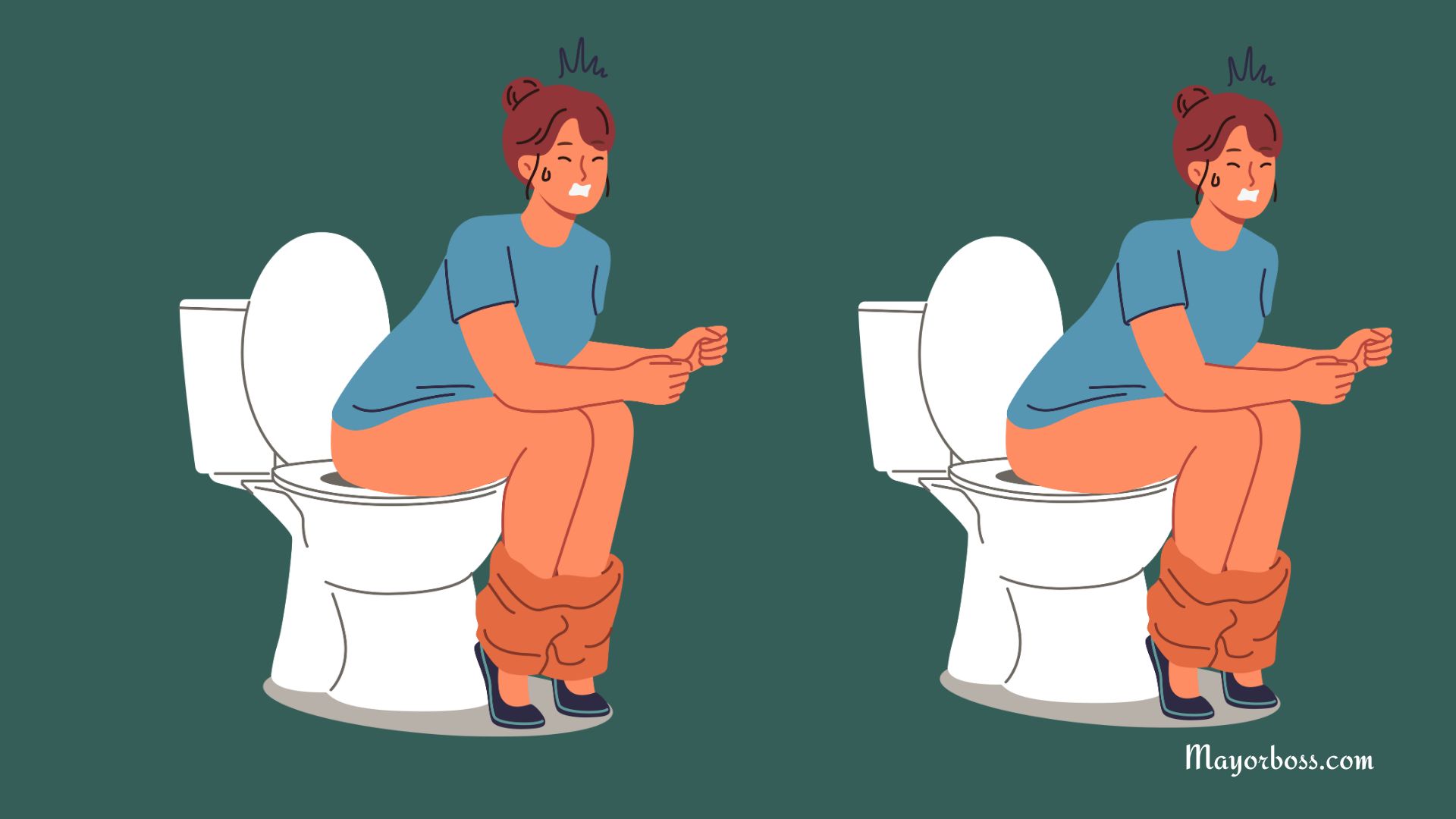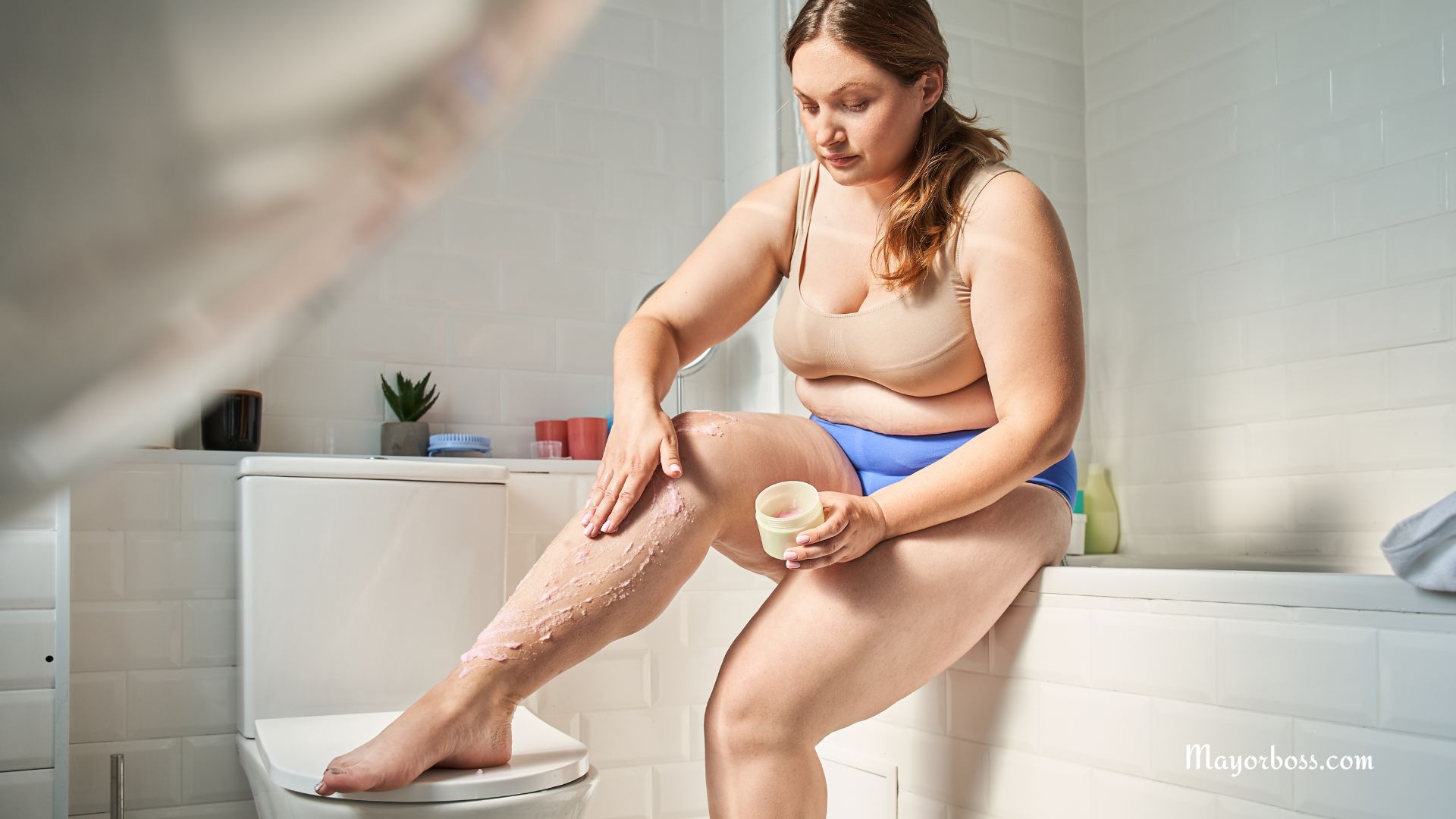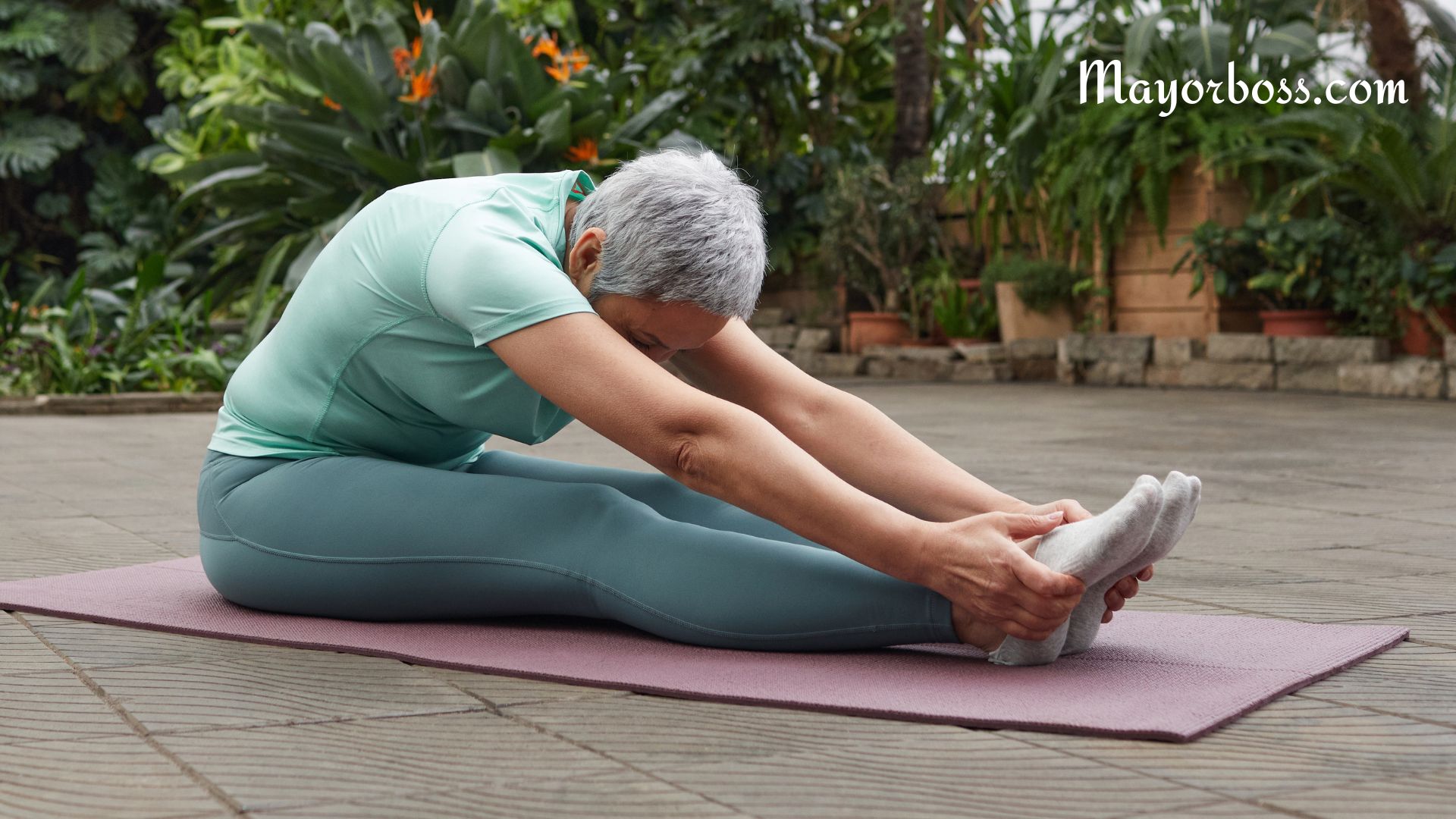How to Get Rid of Hemorrhoids
Hemorrhoids can be uncomfortable, itchy, and really painful. If you’ve had hemorrhoids, you’re not alone—a lot of people deal with them at some point. The good news is that there are ways to get rid of hemorrhoids and feel better. In this article, we’ll talk about easy home treatments and when you might need to see a doctor.

What Are Hemorrhoids, and Why Do They Happen?
Hemorrhoids are swollen veins around your anus or in your lower rectum. They can be internal (inside the rectum) or external (under the skin around the anus). Symptoms include itching, bleeding, discomfort, or a swollen lump. The hemorrhoids occur when there is extra pressure on these veins. This pressure makes them swell.
Some common causes are:
- Straining during bowel movements: This is often because of constipation, which makes it hard to pass stool.
- Sitting for long periods: Especially on the toilet, sitting for a long time puts more pressure on the anal area.
- Pregnancy: Extra weight and increased blood flow during pregnancy can put a strain on the veins.
- Low-fiber diet: Not enough fiber makes stools harder, which means you have to strain more.
How Can You Treat Hemorrhoids at Home?
If you have hemorrhoids, the good news is that there are some simple treatments you can do at home. Most hemorrhoids will get better with a few changes and self-care.
Adding More Fiber to Your Diet Can Help
The most important thing you can do is add more fiber to your diet. Fiber keeps your stool soft and easier to pass. Foods that are high in fiber include fruits (like apples and berries), vegetables (like broccoli and carrots), beans, whole grains, and nuts. You can also try fiber supplements like psyllium. Healthline says eating more fiber can reduce constipation and ease the strain on your veins.
Drinking Enough Water Helps Keep Stools Soft
Drinking enough water is very important if you want to prevent or get rid of hemorrhoids. Try to drink at least eight glasses of water a day. Water helps keep your stool soft so you don’t have to strain during bowel movements.
Taking a Warm Sitz Bath Can Relieve Symptoms
A sitz bath can really help with hemorrhoid symptoms. This means sitting in a few inches of warm water for about 10-15 minutes a few times a day. It can soothe irritation and reduce swelling. You can use a plastic sitz bath that fits over your toilet or just sit in a bathtub.
Over-the-Counter Treatments Can Help Reduce Pain
There are several over-the-counter creams, ointments, and suppositories that can help with hemorrhoid symptoms. Products like Preparation H, Anusol, Tucks medicated pads, or those with witch hazel, phenylephrine, or hydrocortisone, are good for reducing itching and inflammation. Make sure to follow the instructions and don’t overuse these treatments, as they could irritate your skin.
Lifestyle Changes to Prevent Hemorrhoids from Coming Back
Changing some daily habits can also help stop hemorrhoids from coming back.
Get Up and Move Instead of Sitting for Long Periods
Sitting for long periods can add pressure to the veins in your rectum, which can make hemorrhoids worse. If you have a job where you sit a lot, try to get up every hour and take a short walk to help with blood flow.
Avoid Straining on the Toilet
One of the most important things to avoid is straining on the toilet. Try to relax and let things happen naturally. If you are constipated, adding more fiber and drinking water should help. You can also try stool softeners for extra comfort.
Exercise Can Help Keep You Regular
Regular exercise is also a great way to prevent constipation and hemorrhoids. You don’t need to do anything too hard—a 20-30 minute walk each day can help keep your bowels regular and reduce pressure on your veins. You could also try simple exercises like stretching or yoga if walking is not an option.
When Should You See Your Doctor?
Sometimes, hemorrhoids need more than home treatment. If you have bleeding that won’t stop, severe pain, other symptoms like dizziness or significant blood loss, or if your hemorrhoids don’t get better after a week, it’s time to see your doctor. They might suggest treatments like rubber band ligation, sclerotherapy, or surgery in more serious cases.
Medical Treatments Your Doctor Might Recommend
- Rubber Band Ligation: A small rubber band is put around the base of the hemorrhoid, which cuts off its blood supply, making it shrink and fall off.
- Sclerotherapy: A chemical solution is injected into the hemorrhoid to make it shrink.
- Hemorrhoidectomy: This is a surgery to remove the hemorrhoid, usually for large or serious hemorrhoids.
Key Takeaway
The best way to get rid of hemorrhoids—and keep them away—is to make small but important changes to your lifestyle. Eat more fiber, drink enough water, avoid sitting for too long, and exercise regularly. If home treatments don’t work, talk to your doctor for more options. By taking action, you can manage hemorrhoids and make them less painful.






